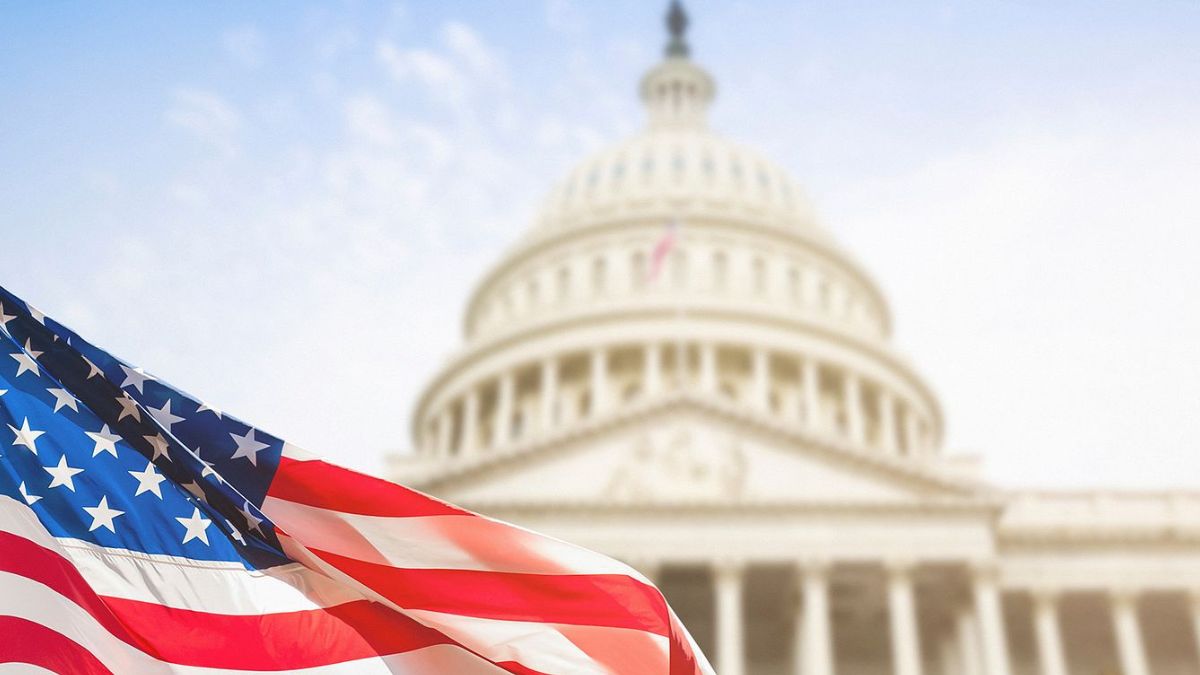Security Council members from France, Guyana, Japan, Malta, Mozambique, the Republic of Korea, Slovenia, Switzerland, the United Kingdom, and the United States underscored the severe impacts of climate change on peace and security in West Africa and the Sahel.
Expressing deep concern, the Council emphasized the lived reality of climate change in the region, particularly in the Lake Chad basin and the Liptako-Gourma regions.
The increasing frequency of droughts, floods, biodiversity loss, and desertification is affecting populations heavily reliant on rain-fed agriculture and livestock.
The leaders acknowledged that these climate impacts amplify risks of food and water insecurity, loss of livelihoods, migration, and displacement, contributing to competition for resources and potential violence. They highlighted the disproportionate impact on women, youth, and vulnerable communities, with humanitarian needs continually rising.
The joint statement emphasized prevention as a key strategy, advocating for conflict-sensitive climate adaptation, mitigation, and resilience actions supported by adequate funding.
Cross-border projects in West Africa were commended for fostering dialogue and transparent management of natural resources, turning challenges into opportunities for peace.
Acknowledging the vital role of the UN Regional Office UNOWAS, the leaders lauded its efforts in collaboration with the Economic Community of West African States (ECOWAS) and other sub-regional forums, including the recent Sahel Climate Security Forum in Bamako.
They called for continued collaboration between regional bodies, UN entities, international financial institutions, the private sector, and civil society.
To strengthen responses to climate change impacts, the leaders stressed the critical need for enhanced data collection, sharing, and analysis, as well as robust early warning systems. The UNOWAS Climate Security Advisor was highlighted for its unique role in this regard.
As global leaders unite to address the complex intersection of climate, peace, and security in West Africa and the Sahel, the international community is called upon to prioritize proactive measures to mitigate the growing crisis.



